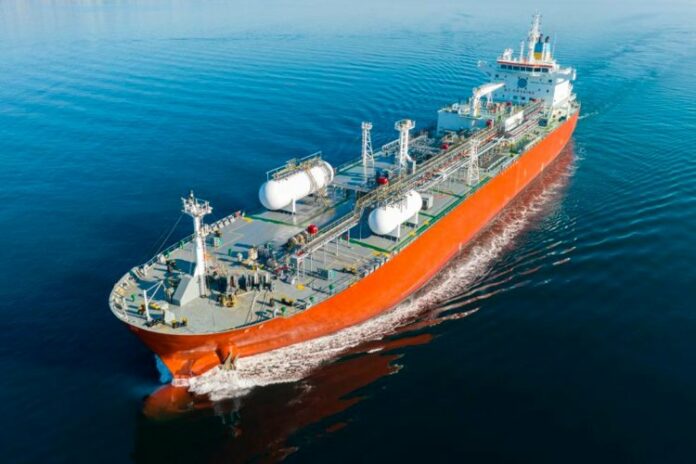The German government’s €5 billion H2Global instrument was created in 2021 to facilitate the ramp-up of hydrogen markets worldwide. It purchases hydrogen, which it will then sell at a discount to industrial customers, such as the chemical, fertiliser, and copper sectors.
The announcement resulted from an auction focused on green ammonia, a derivative of hydrogen. The deal will be struck with nitrogen fertiliser exporter Fertiglobe, acquired by the Abu Dhabi National Oil Company (ADNOC) in 2023.
“The import of green hydrogen products is making a decisive contribution to the hydrogen market ramp-up in Germany,” said Economy Minister Robert Habeck in a statement.
The ministry added that 273 MW of renewables will be installed in Egypt to produce the green ammonia, which amounts to 10% of one year’s production in Germany. Shipments are to arrive between 2027 and 2033.
“German industry needs large quantities of green hydrogen and its derivatives for decarbonisation, which requires both imports from outside and within Europe as well as national production,” Habeck said.
The maths come out to €4.5 per kg of hydrogen, according to the Economy Ministry, cheaper than the projected costs of hydrogen produced within the EU.
The International Council on Clean Transportation recently estimated that by 2030, hydrogen can be made within Europe for $5.6 (€5.15) per kg.
Ammonia, best known for its key role in fertiliser production, was first shipped to Germany from the UAE in 2022. Then, it was a test shipment organised by Hamburg-based Aurubis, who hope to burn ammonia to decarbonise its copper furnaces.
Unlike hydrogen, which is considered more challenging to transport by ship, ammonia is expected to be shipped worldwide at scale, from regions with strong renewable energy resources to regions with large energy needs.
A 2024 research paper published in Nature Energy finds fertiliser ingredient urea, which is based on ammonia, could be 25% cheaper if imported from regions with large renewable resources.
Source: Euractiv



